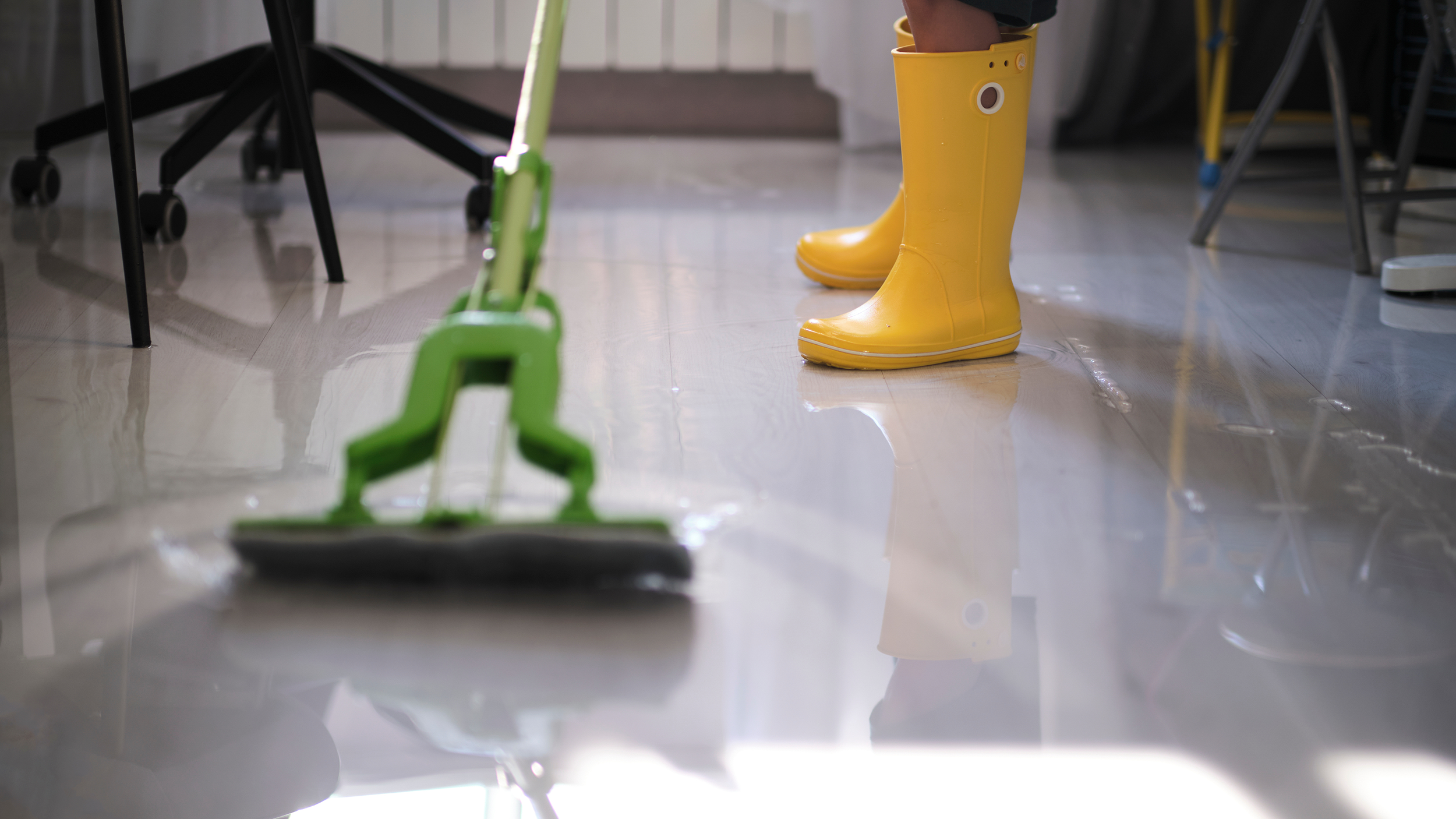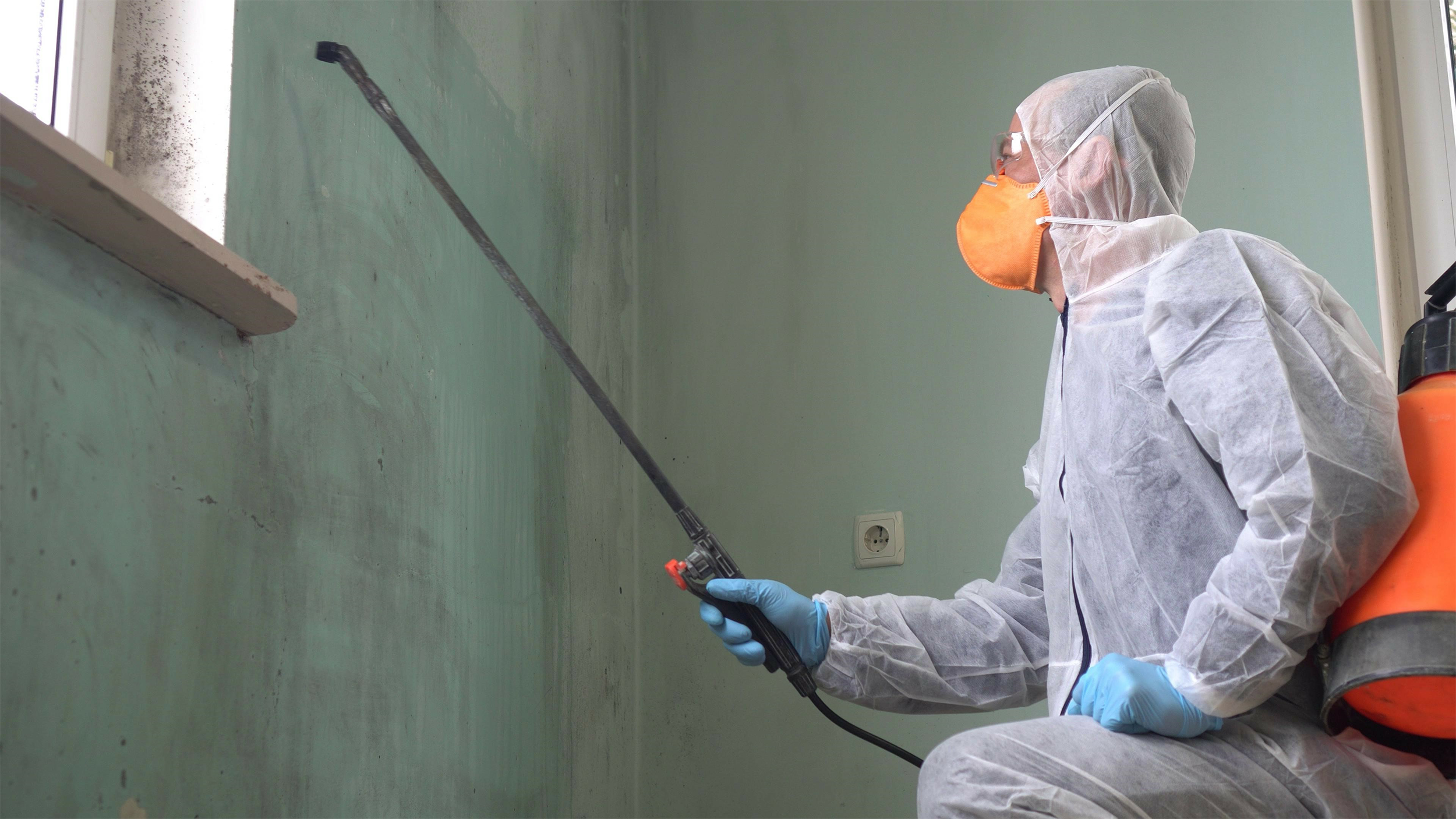Get Help From The Experts
During these uncertain times, Aladdin’s is here to service our customer’s emergency needs. All emergency calls will be answered 24/7, and calls are generally returned within 15 minutes. Don’t hesitate to call with any questions or emergency needs!
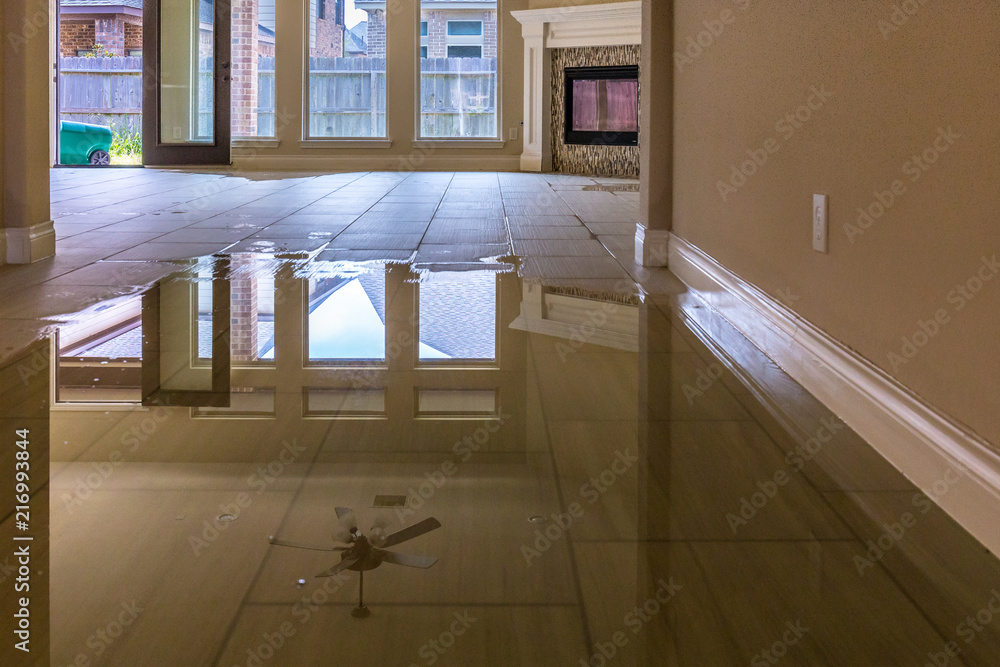
Water Damage
Whether you are recovering from major flood damage or a plumbing mishap, our water damage restoration experts are on the job.
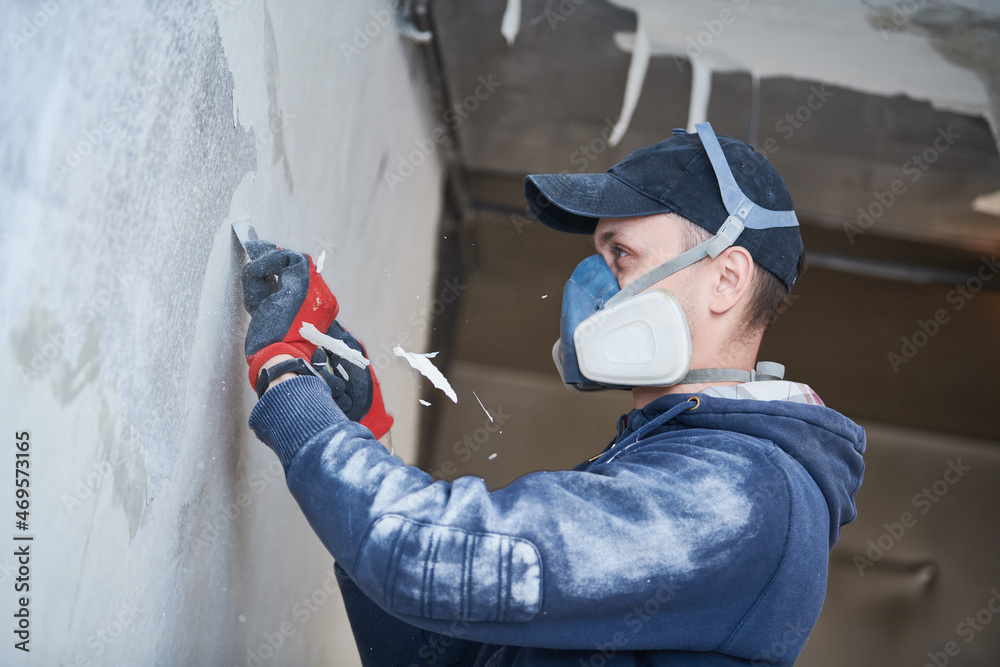
Fire Damage
The effects of a fire go beyond the visible signs. Our fire restoration team will remove the odor and other signs of fire damage.
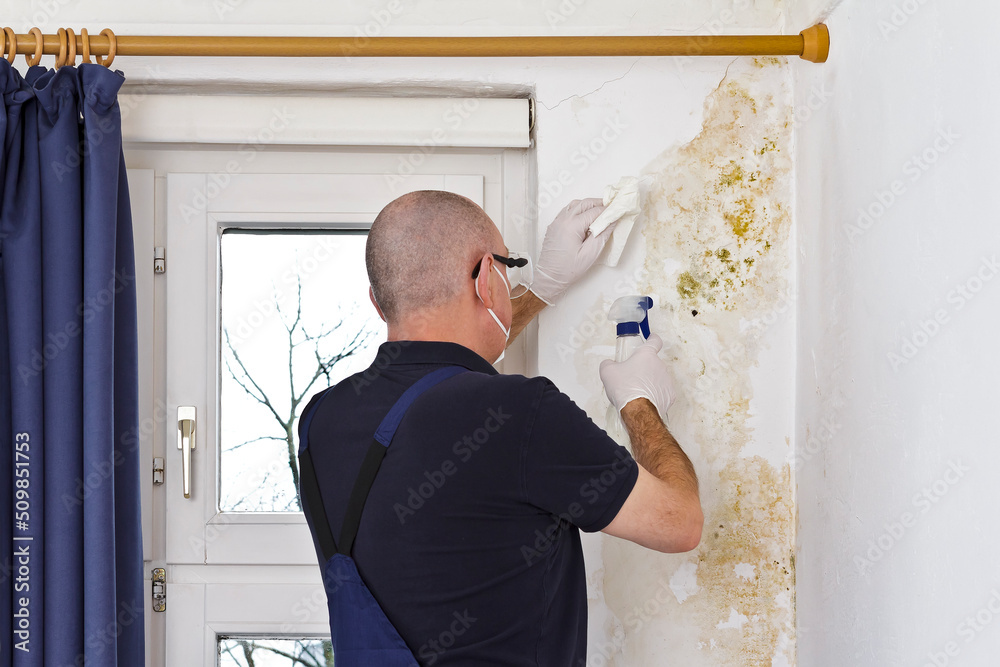
Mold Removal
The effects of mold are too dangerous to continue ignoring. Our mold removal and remediation service will keep your home safe.

Contents Cleaning
Cleaning your furniture and home interior after experiencing damage from fire or water is something our team will handle to perfection.
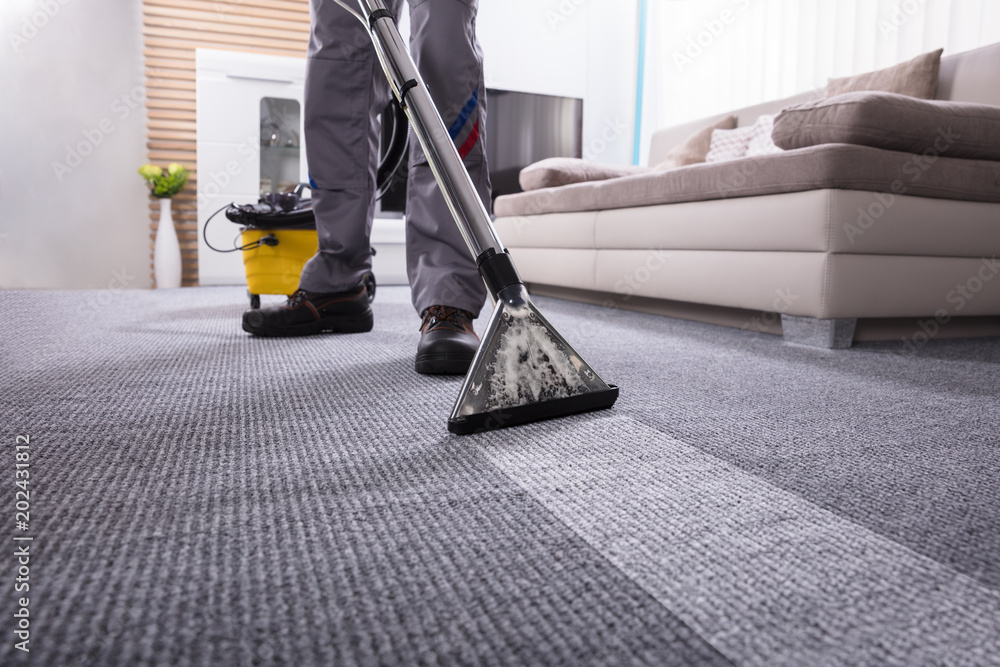
Carpet & Upholstery Cleaning
Our full service carpet cleaning and upholstery cleaning will leave your home or office looking and smelling fresh once again.
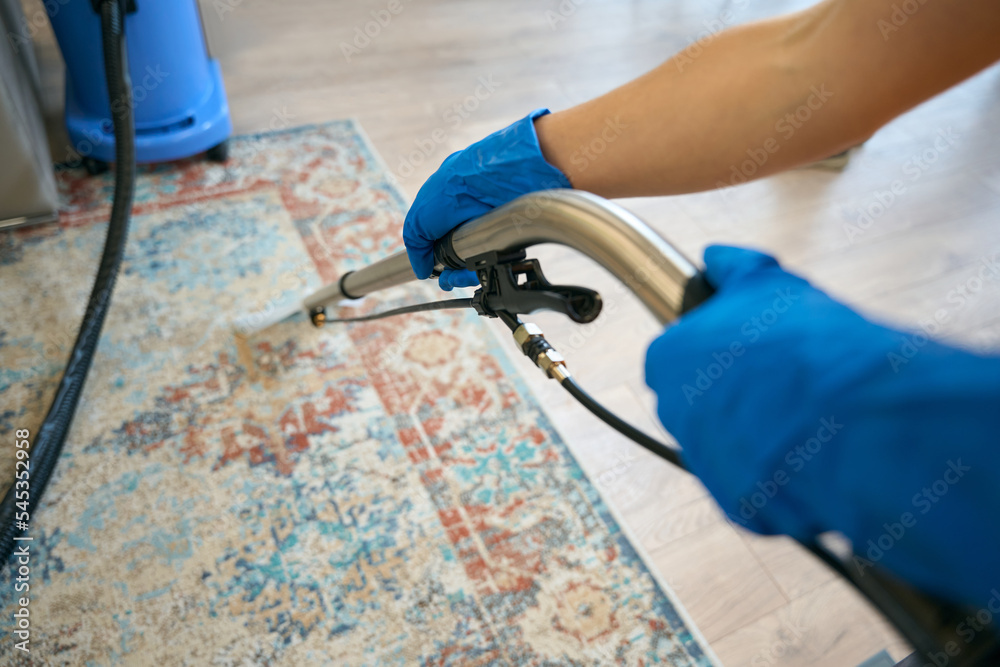
Area Rug Cleaning
Enjoy clean rugs with our professional area rug cleaning service. Your rugs are cleaned at our facility for the best results.
Areas We Serve
We serve Mid-Michigan.
Restoration Services
Lapeer CountyTuscola County
Genesee County
Sanilac County
St. Clair County
Oakland County
Macomb County
Huron County
Cleaning Services
Lapeer CountyGenesee County
Northern Oakland County

